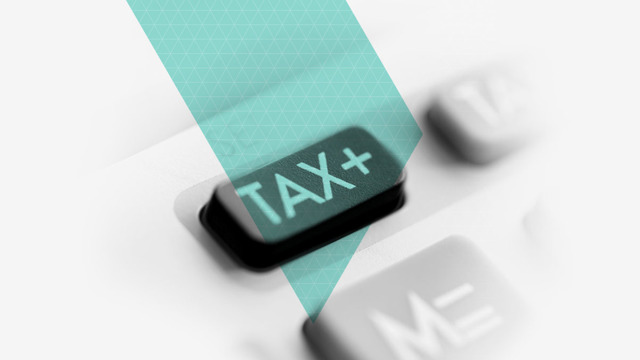Brendan Brown and Alex Ladyman of Russell McVeagh outline how the New Zealand tax authorities are proposing to clarify aspects of the income tax and goods and services tax treatment of transactions involving crypto-assets.
The New Zealand Inland Revenue has announced proposals to exclude the supply of crypto-assets from the scope of the goods and services tax (GST) as well as from the income tax rules for financial arrangements. It is proposed that the main changes would apply retrospectively, from 1 January 2009, on the basis this would coincide with the launch of the first crypto-asset, bitcoin. The proposals are outlined in an Officials' Issues Paper (Issues Paper) released in late February containing a wide range of proposed reforms, mainly to GST.
Existing rules can be difficult to apply
There are no specific rules for the income tax or GST treatment of cryptocurrency. Inland Revenue has concluded that under current GST law "[t]he supply of a crypto-asset could be an exempt financial service [(ie, an exempt supply for GST purposes)], subject to 15% GST, or a zero-rated supply to a non-resident" depending on "the specific facts and features of the crypto-asset and the residency of the buyer and seller". This makes the GST consequences of using or investing in crypto-assets both uncertain and inconsistent.
The income tax rules for financial arrangements are intended to bring to tax, on an accrual basis, all income, gains, expenditure and (with limited exceptions) losses from or under a financial arrangement, even if the amount would otherwise be a capital amount. Inland Revenue's view in the Issues Paper is that "[m]any security, asset, or utility tokens could be considered financial arrangements between the holder who provides money and another person who provides money or money's worth in the future". A consequence of these rules applying would be "accrual-based taxation on large unrealised gains and losses from crypto-asset values, which can be very volatile."
Proposed changes
The Issues Paper proposes reforms under which crypto-assets would be:
- excluded from the scope of GST, essentially by treating crypto-assets in the same way as money is treated for GST purposes; and
- excluded from the financial arrangements rules by making crypto-assets a new type of excepted financial arrangement.
Both proposals depend on developing a definition of "crypto-assets". The Issues Paper indicates that a broad definition would be developed so as to capture "nearly all the crypto-assets that are used or invested in". The definition is expected to be "… broader than the definition of 'digital currency' which Australia has legislated to remove GST on certain types of crypto-assets as well as the proposed definition of 'digital payment token' which Singapore has developed for the same purpose."
The proposed exclusions would not exclude crypto-assets from other tax rules. For example:
- the proposed GST exclusion would not apply to services related to crypto-assets, "such as mining, providing crypto-asset exchange services or providing advice, general business services or computer services"; and
- the proposed financial arrangements rules exclusion would not exclude crypto-assets from the income tax rules that tax gains on the disposal of certain property (including gains on disposal of personal property acquired for the purpose of disposal, which would continue to be taxable).
Next steps and other crypto-asset tax issues
Inland Revenue is accepting submissions on the proposals Issues Paper until 9 April 2020. While the proposals are limited to GST and the financial arrangements rules, Inland Revenue also welcomes submissions on other aspects of the tax rules that are difficult to apply to investments and transactions involving crypto-assets.



